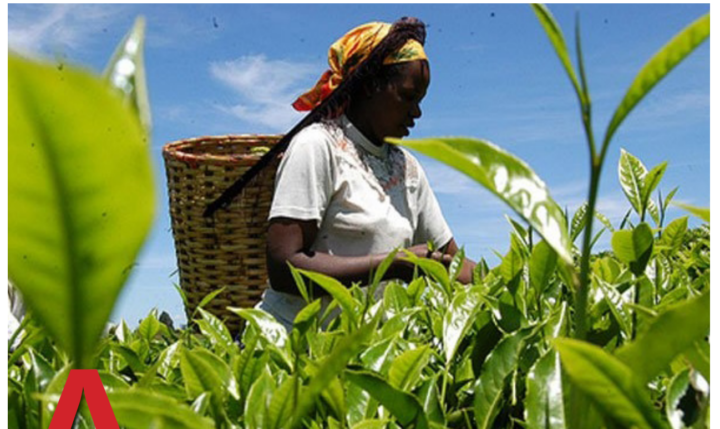Agriculture is an important tool on the African continent, not only because Africans need to feed but because it helps in economic development, job creation, and sustainability. Agriculture has been a part of the continent for decades. Africans have been known for small and largescale farming, because of their wealth of fertile lands.
However, Africa has not been able to fulfill its potential in agriculture. Certain factors have hindered farmers and governments from fully exploiting agriculture as a means of living, or source of national income.
Under normal circumstances, an increase in population is supposed to mean an increase in agricultural yield in farmlands. Instead, many African countries have experienced an increase in malnourishment, food prices, and a decrease in the quality of agricultural products and except drastic measures are in place, these problems will continue to plague the African continent.
This article looks at some of the disruptions to agricultural activities across Africa. These disruptions include:
- The COVID-19 Pandemic
In truth, the world felt the effects of the COVID-19 pandemic, and is still in the recovery process. Africa and its agricultural sector were no exception to these effects. While most of the continent was locked down to cushion the effects of the pandemic, farmers could not go to farms; leading to little or no activities during planting seasons.

- Infrastructural Deficits
In agriculture, the role of proper infrastructure can never be overemphasized. African farmers do not produce up to the expected capacity, because certain necessary infrastructures are not in place. Most farms in Africa do not have good access roads that can be used to transport farm produce to consumers. This means it takes more time for farm produce to get to the market, and a lot of perishable foods are spoilt while being transported. A lot of African farmers also use outdated tools and machinery. This means they work harder but still do not produce enough. Factors like poor power supply used to power these machines, have also led to less productivity. Infrastructural problems are one of the main reasons investors do not want to invest in Africa’s agricultural sector.
- Reduce In Farm Size
Despite having about 60% of the world’s arable land, the continent still experiences a decline in farm size. An increase in population has led to urbanization, which means more arable land are used for nonagricultural activities. To discourage the use of arable land for non-agricultural activities, proper actions need to be taken by the government to discourage use of arable land for other activities.
- Government Policies
In a lot of African countries, governments do not have the right policies in place concerning agriculture. One of the main reasons for this, is that too much focus is being given to other sources of national income. Also, policies employed by a lot of African countries were borrowed from countries that do not experience the same factors that affect agriculture in Africa. In a few cases where the right policies are made, little is done to implement or enforce them. With the implementation of the right policies, agriculture will not only be encouraged but there will also be an increase in productivity.
- Climate Change
Climate change is a global topic, and it has affected agriculture in Africa. The weather is becoming increasingly unpredictable and farmers cannot successfully draft a cultivation plan. Flooding, one of the effects of climate change, leads to the destruction of crops and the loss of good soil. Another harmful effect of climate change is the relocation of pests that cause diseases in plants and animals.
- Financing
Apart from not putting policies in place to make sure agriculture thrives, the government of African countries is not doing enough to finance the agricultural sector. In the budgets of these African countries, not enough money is allocated to agriculture. Corruption has also done a lot of damage as a lot of the money budgeted is diverted to private purses. Farmers in Africa do not have access to grants, affordable loans, or financing schemes.
- Water Scarcity
Water is very important in agriculture, and virtually almost every form of agriculture requires adequate water supply. In situations where water is scarce, it will be hard to grow and maintain agricultural produce. Most farms in Africa depend on rainfall to water their farms, but experience small amounts of rain even during rainy seasons.
- Insecurity
A lot of farms are located in the most remote parts of Africa, where there is little or no security. War, kidnapping, robbery, tribal clashes, and other forms of insecurity are threatening agricultural development in Africa, as a lot of farmers have either died or been forced to abandon their farms.
- Lack Of Orientation
A lot of farmers in Africa are uneducated, and lack the knowledge needed to ensure they produce more. The government also is not doing enough to educate these farmers on how to grow their crops, market them and save money. They should also make them aware of policies and schemes put in place to develop agriculture.
Conclusion
The world is experiencing an increase in agricultural yield, but only little of it is felt in Africa. The disruptions to agriculture in Africa are obvious and while some can be dealt with in a short time, most of these problems require solutions that will take a longer time to implement.



